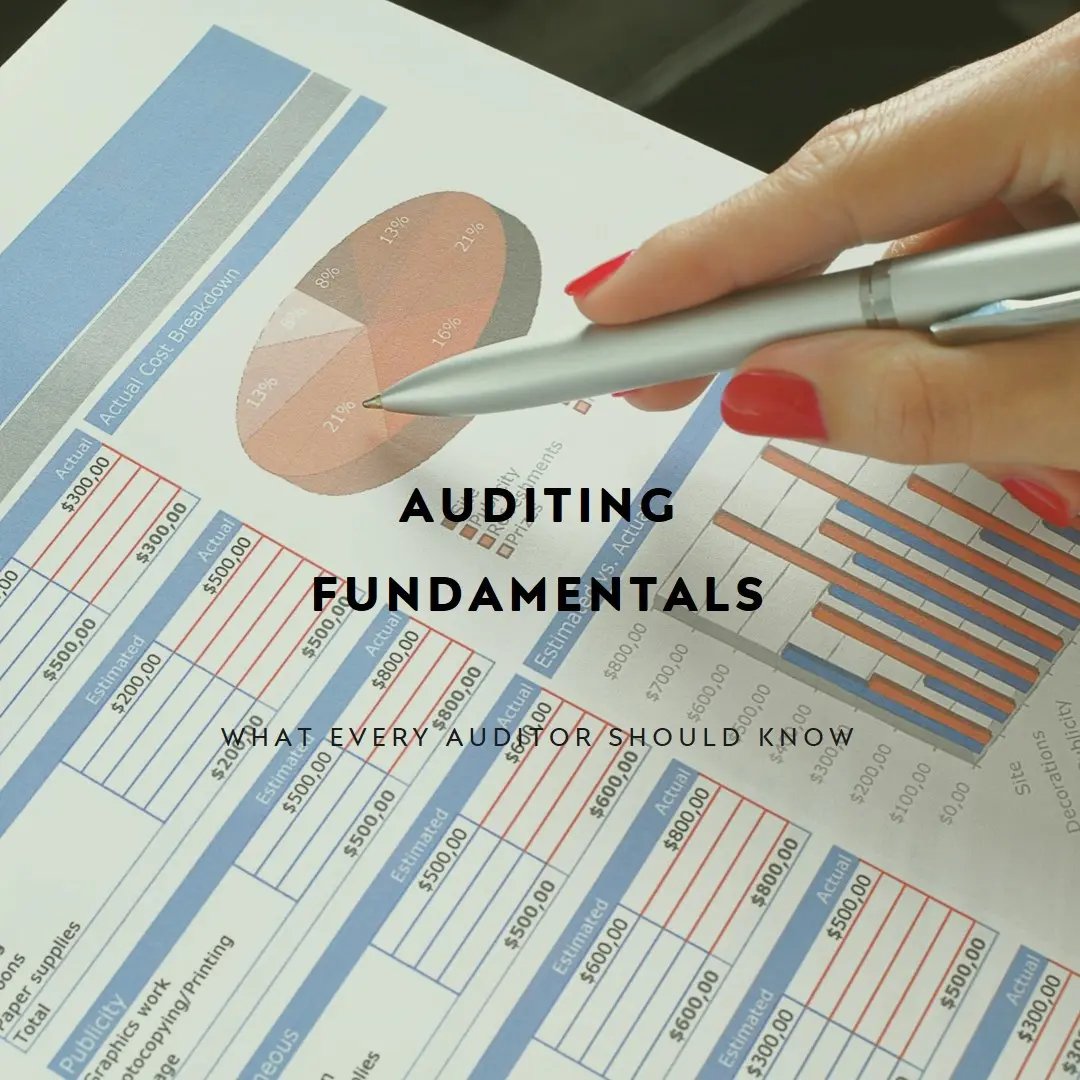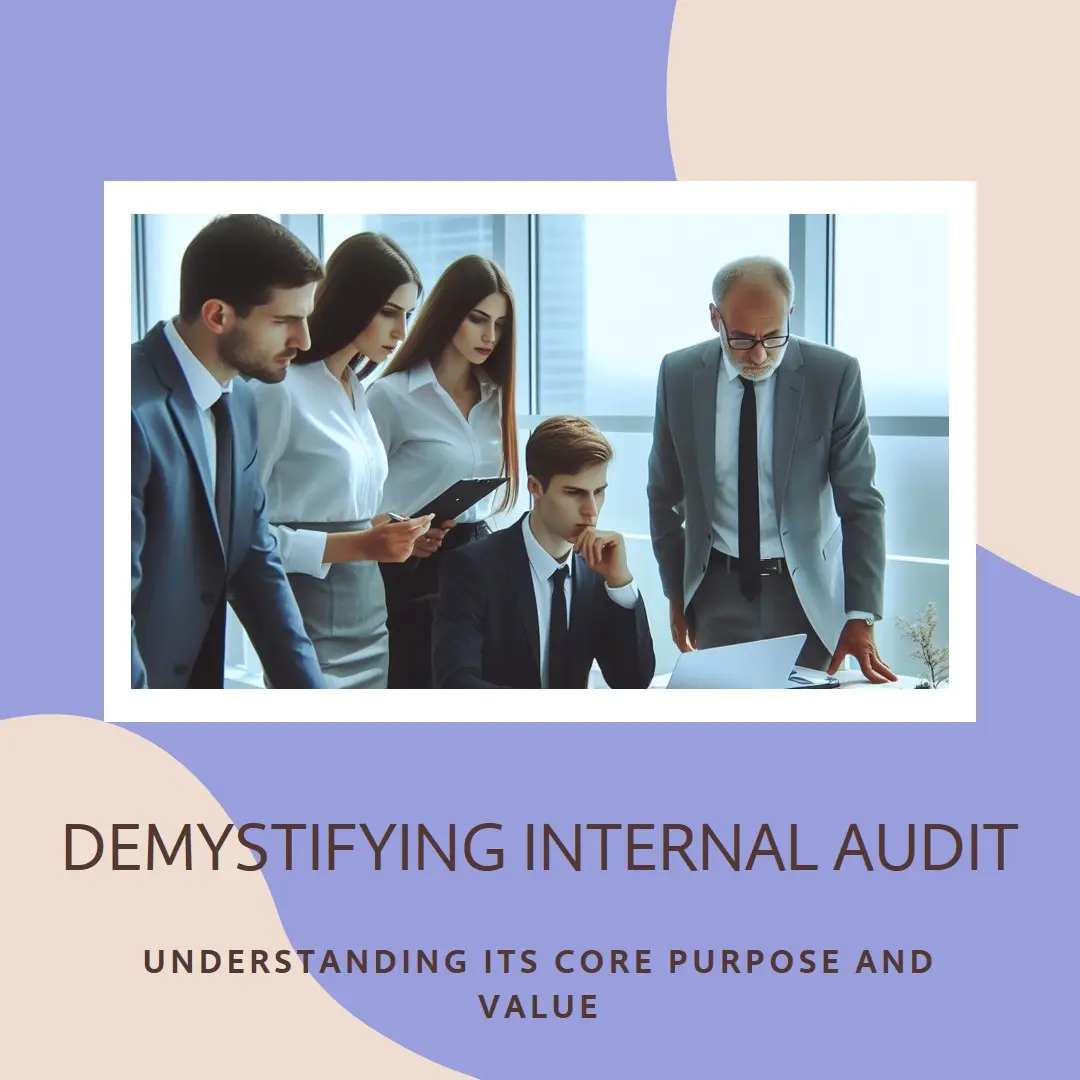Internal auditing is an independent, objective assurance and consulting activity designed to add value and improve an organization’s operations. It brings a systematic, disciplined approach to evaluate and enhance the effectiveness of risk management, control, and governance processes. Internal auditors assess various aspects, including emerging technologies, global issues, ethics, quality, economy, and efficiency. Their goal is to ensure that internal controls are adequate to mitigate risks and that governance processes are effective and efficient. In summary, internal audit plays a crucial role in helping organizations achieve their objectives by ensuring effective risk management, strong controls, and sound governance processes.

Auditing Fundamentals What Every Auditor Should Know
In today's complex and ever-changing business landscape, auditing plays a vital role in ensuring organizational transparency, accountability, and good governance. As a crucial function that provides stakeholders with an independent…

Unlocking the 5 C’s of Effective Internal Auditing
In the rapidly evolving business landscape, internal auditing stands as a critical pillar that ensures not only compliance but also the operational excellence of an organization. As businesses grow and…

Demystifying Internal Audit: Understanding Its Core Purpose and Value
In the complex tapestry of modern business, internal audit functions as a critical thread, interwoven deeply into the fabric of corporate governance and risk management. Yet, despite its vital role,…


